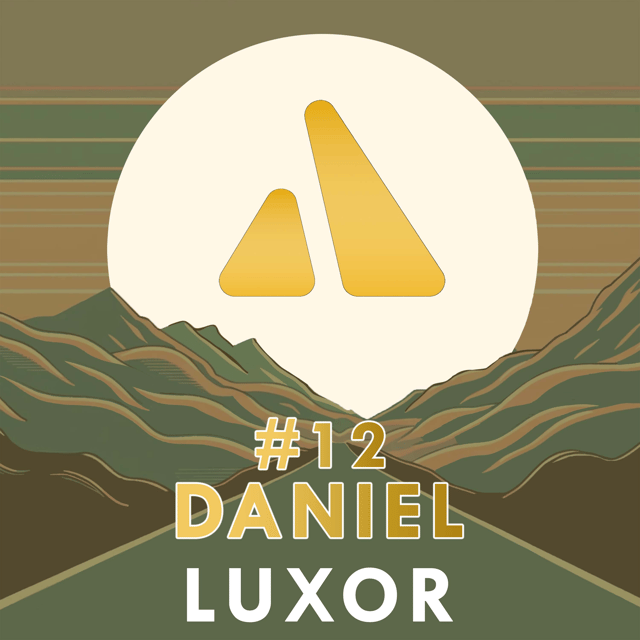

Daniel Rosen started Bitcoin mining while keeping a garage gym warm during the cold winter months. By setting up a single ASIC miner, Daniel not only managed to maintain a cozy temperature of 55 degrees Fahrenheit but also turned a neat profit every month. There are just so many untapped use cases to be explored when it comes to Bitcoin mining and it's exciting to see people using ASICS to warm up garages, greenhouses and other buildings.
Not only is it sustainable, but can be profitable too.
Bhutan's Secret Crypto Operation
While personal stories of innovative mining solutions capture our imagination, entire nations are making strategic moves into the mining scene. Bhutan, a small Himalayan kingdom known for measuring Gross National Happiness, has been quietly mining Bitcoin since 2019.
This move isn't just about adding to the national coffers; it's a strategic decision to leverage Bhutan's renewable energy resources, demonstrating how countries can adopt crypto mining within their economic and environmental frameworks.
Luxor and Bitcoin Mining
Luxor are Bitcoin and Asic mining specialists that offer a suite of specialized services, including a mining pool that is responsible for about 3.5% of all mining hashing power.
Luxor's approach includes a focus on derivatives and financial products tailored for the crypto mining sector with the purpose of enabling miners to hedge their risk. For instance miners are able to lock in a certain hashrate and get paid 6 months in advance for that compute.
Luxor operates as an AMM or automated market-maker allowing users to buy and sell hash rate.
The case for Bitcoin Ordinals
When ordinals came out, I called them a fad, and a nuisance on the Bitcoin blokchain. I mean, with 7TPS why would you want to add more strain on this system?
Daniel managed to change my mind on it.
As Block rewards decrease with every Bitcoin halving, transaction rewards become more important for rewarding miners for their work. On a 6.25 BTC block reward, the current transaction fee reward sits at an average of 0.3-0.4 BTC/ block. Post April, this will account for about 10% of the total reward.
During the ordinals boom, we saw this increase by 10x temporarily making up nearly half of the block reward. Miners being incentivized to secure the network is a good thing, so ordinals are a good thing too.
This podcast is fueled by Aesir, an Algorithmic cryptocurrency Trading Platform that I helped develop over the last 2 years that offers a unique set of features.

Daniel Rosen started Bitcoin mining while keeping a garage gym warm during the cold winter months. By setting up a single ASIC miner, Daniel not only managed to maintain a cozy temperature of 55 degrees Fahrenheit but also turned a neat profit every month. There are just so many untapped use cases to be explored when it comes to Bitcoin mining and it's exciting to see people using ASICS to warm up garages, greenhouses and other buildings.
Not only is it sustainable, but can be profitable too.
Bhutan's Secret Crypto Operation
While personal stories of innovative mining solutions capture our imagination, entire nations are making strategic moves into the mining scene. Bhutan, a small Himalayan kingdom known for measuring Gross National Happiness, has been quietly mining Bitcoin since 2019.
This move isn't just about adding to the national coffers; it's a strategic decision to leverage Bhutan's renewable energy resources, demonstrating how countries can adopt crypto mining within their economic and environmental frameworks.
Luxor and Bitcoin Mining
Luxor are Bitcoin and Asic mining specialists that offer a suite of specialized services, including a mining pool that is responsible for about 3.5% of all mining hashing power.
Luxor's approach includes a focus on derivatives and financial products tailored for the crypto mining sector with the purpose of enabling miners to hedge their risk. For instance miners are able to lock in a certain hashrate and get paid 6 months in advance for that compute.
Luxor operates as an AMM or automated market-maker allowing users to buy and sell hash rate.
The case for Bitcoin Ordinals
When ordinals came out, I called them a fad, and a nuisance on the Bitcoin blokchain. I mean, with 7TPS why would you want to add more strain on this system?
Daniel managed to change my mind on it.
As Block rewards decrease with every Bitcoin halving, transaction rewards become more important for rewarding miners for their work. On a 6.25 BTC block reward, the current transaction fee reward sits at an average of 0.3-0.4 BTC/ block. Post April, this will account for about 10% of the total reward.
During the ordinals boom, we saw this increase by 10x temporarily making up nearly half of the block reward. Miners being incentivized to secure the network is a good thing, so ordinals are a good thing too.
This podcast is fueled by Aesir, an Algorithmic cryptocurrency Trading Platform that I helped develop over the last 2 years that offers a unique set of features.




















